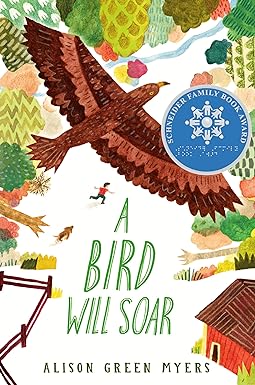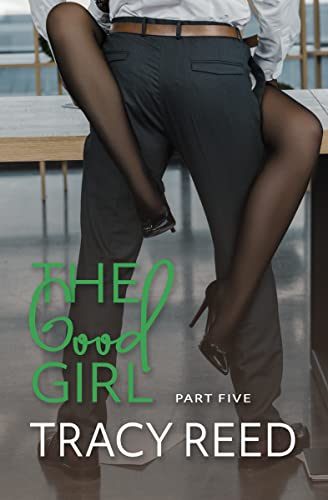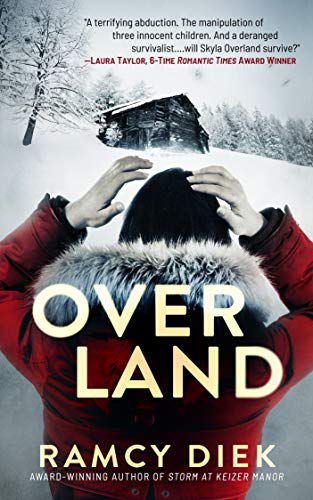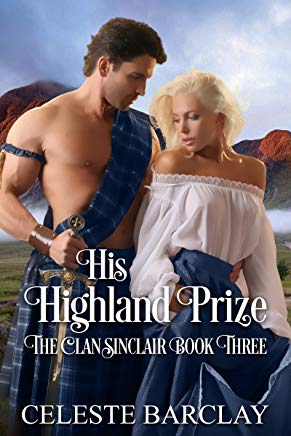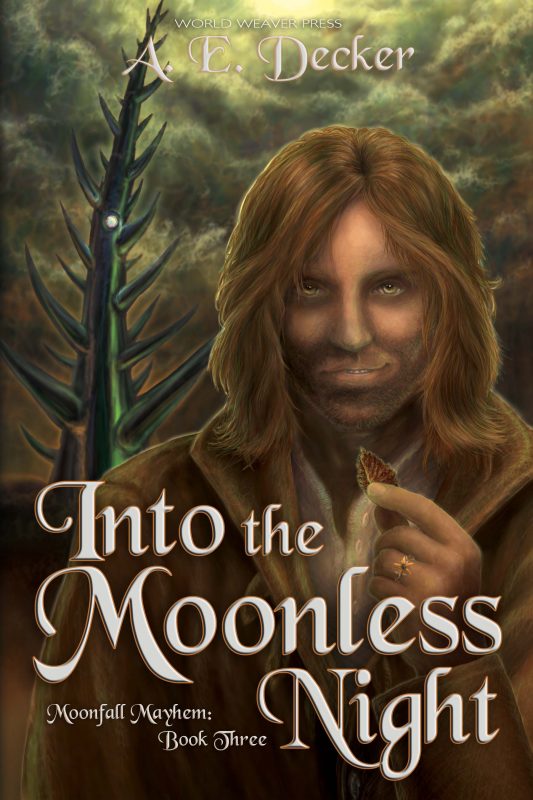Sensitivity Editors
April 30, 2017 by The Extra Squeeze in category The Extra Squeeze by The Extra Squeeze Team tagged as H.O. Charles, Jenny Jensen, Rebecca Forster, Robin Blakely, Sensitivity Editors, The Extra Squeeze
Ever wonder what industry professionals think about the issues that can really impact our careers? Each month The Extra Squeeze features a fresh topic related to books and publishing.
Amazon mover and shaker Rebecca Forster and her handpicked team of book professionals offer frank responses from the POV of each of their specialties — Writing, Editing, PR/Biz Development, and Cover Design.
April’s topic for The Extra Squeeze Team came from this article in the Chicago Tribune.
What does the Extra Squeeze Team think about Sensitivity Editors?

Rebecca Forster
USA Today Bestselling author of 35 books, including the Witness series and the new Finn O’Brien series.
When I was a new author, I received a letter from a reader accusing me of being racist for using a certain adjective to describe a character of color. I was disturbed because I had offended the reader but upon reflection, I came to believe I had done nothing wrong.
I take my craft very seriously, choosing every word carefully to create a deeply visual reading experience and to express various points of view. If sensitivity editors become the norm, I will begin to second guess those words and the result will level a playing field that should be filled with intellectual and emotional obstacles. I believe it is better for a reader to close a book and to reject a writer’s work than to hobble the creative exploration of the world around us.

Jenny Jensen
Developmental editor who has worked for twenty plus years with new and established authors of both fiction and non-fiction, traditional and indie.
Part of editing is sensitivity — to the tone of the book and to the needs of the market. I’ve worked on manuscripts where the content is offensive. I ask myself, is that offensive to me, or to the market?
I’m not in the business of censorship; my personal sensibilities are not the point. However, as a story editor it is my business to point out when the narrative is boring, adds nothing, or employs language that is likely to offend the intended market.
‘Sensitivity’ is relative. To edit only for insensitive material blurs, to near invisibility, the line between editing for good writing and suppression of open expression. A good editor will point out insensitivity. It is up to the author to accept or reject the edit.
Robin Blakely
PR/Business Development coach for writers and artists; CEO, Creative Center of America; member, Forbes Coaches Council.
I am in the business of promoting author brands, so my interest in the trend of hiring a sensitivity editor is focused on the impact such a thing can have on author PR and book publicity. To cut to the chase, I’m not a fan—yet.
Here’s why… For many readers, a book can help reflect what is wrong in the world even if the author was not trying to paint the picture of the world that the book ultimately reveals. Straight up, I think most readers are smart and I know they deserve to be treated with honesty and extreme care. From a PR perspective, it is important to me that the reader always meets the real author—no masks. That means reader/writer relationships must be authentic to the writer and genuinely tied to the writer’s real work. Readers trust real and I trust that most writers are sensitive enough to choose words that accurately reflect their point of view and their reality.
If the author is heavily censored, overhauled, and cloaked by a sensitivity editor, then the reader is shaking the hand of a gloved stranger. From a PR-perspective, I have encountered authors who need a wake-up call regarding the impact of their voices and their word choices. Sensitivity editors can offer feedback that broadens the author’s awareness. Or, the sensitivity editor can enable the author to be masked in a way that is unfair to the buyer of the product.
Many years ago, as a young mom, I encountered a parenting handbook that had not been edited by a sensitivity editor. The medical expert was biased against me. The author’s words perpetuated the myth that infertility was a cosmic sign and that chronic childhood illness, particularly asthma, should be largely blamed on the parent, especially if the mom was a working mother. Luckily, I was not hurt by that book’s lack of sensitivity editing; in fact, I believe I was protected by the lack of it. The author’s own uncensored words made it easy for me to discern that he was not good enough to offer advice to me about my baby. I threw that book away and found a better author.
Today, when I am asked: “sensitivity editor or not?”; I like to say: “That’s up to you.” I remain on the fence. I don’t like censorship…but, I don’t like dumb stereotypes either—especially hurtful stereotypes about young moms, children with chronic illness, people of color, single parents, older adults, immigrants, communities of faith, families living in rural areas, or the inner cities, or the suburbs. When it comes to sensitivity, there are as many stereotypes as there are people. The real world is not very sensitive. As a reader and as a PR professional, I like to know exactly who wrote the words I am reading…and if you had to use a sensitivity editor, I would likely wonder why.
H.O. Charles
Cover designer and author of the fantasy series, The Fireblade Array
I think there are two types of offensive content in this context. One is where the author knowingly intends to shock or set a certain tone by using language that some/many will consider offensive. The second is unknowing offence, where the author – either through ignorance or accident – employs language/story lines that are unintentionally patronising to, or dismissive of, one group of people. The sensitivity readers in that article seem to be dealing exclusively with the second type, and my initial response is: Great! An editor like that will help the writer produce a contemporary novel that speaks from the social outlook we should be aiming for today (even if we write historical fiction). On the other hand, this sounds like research the author should have already done themselves. If the author is writing about a specific group of people who use language in a manner that is different from their own, then surely that writer should have researched such a group thoroughly already? Perhaps employing a sensitivity reader instead of doing one’s own research is easier now we have the interwebs, and it involves less travelling, so there’s that(!).
But the downside is that the writer will be relying upon the opinion and outlook of **one** reader. I do not believe I represent ALL northerners (in the UK, that is), and while I may be worried about stereotypes of people from Yorkshire having low educational attainment, the next Yorkshire person might think it is even worse to be conflated with a Lancastrian! And then there are the Scots, who are technically northerners in the UK too, and could feel the term’s applicability to Yorkshire/Lancashire reflects the Englishman’s arrogant tendency to forget they exist…
Another thing worth considering is that the nature of offence changes over time, and in spite of our best attempts, no single book will ever be truly inoffensive to everyone. What we write innocently today may be judged differently tomorrow (let’s imagine, for example, that meat-eating or using gendered pronouns becomes abhorrent to future generations – how would that alter the way you write your characters?!). That’s not to say we should abandon conveying our own sense of morality in our novels, or rejoice in our own ignorance, or that we should aim for anything other than the best book we can write, just that we should be aware that pleasing everyone for all the years to come is impossible.
What do you think of Sensitivity Editors? Scroll down to the comment section and tell us what you think.
If you would like to know more about Sensitivity Editors, here are a few links:
Do you have a question or topic for The Extra Squeeze Team? Use the form below to send in your ideas.










